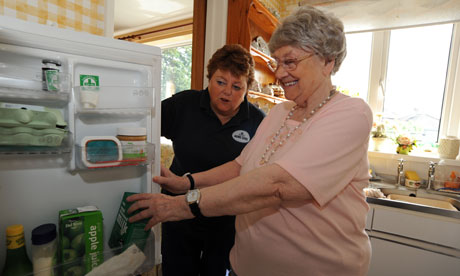Monthly Archives: July 2013
Active brain 'keeps dementia at bay'
Keeping mentally active by reading books or writing letters helps protect the brain in old age, a study suggests.
A lifetime of mental challenges leads to slower cognitive decline after factoring out dementia’s impact on the brain, US researchers say.
The study, published in Neurology, adds weight to the idea that dementia onset can be delayed by lifestyle factors.
An Alzheimer’s charity said the best way to lower dementia risk was to eat a balanced diet, exercise and stay slim.
In a US study, 294 people over the age of 55 were given tests that measured memory and thinking, every year for about six years until their deaths.








